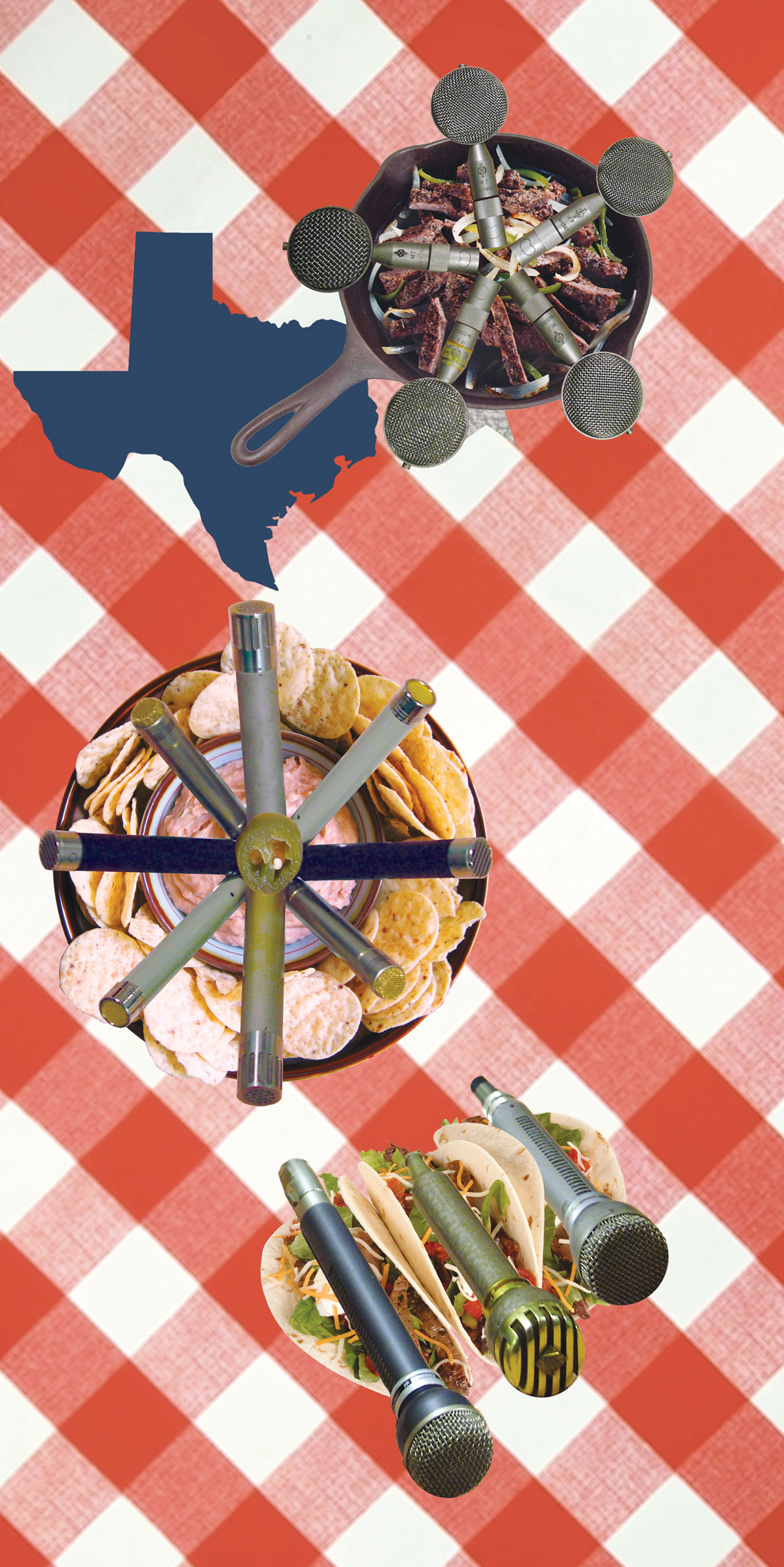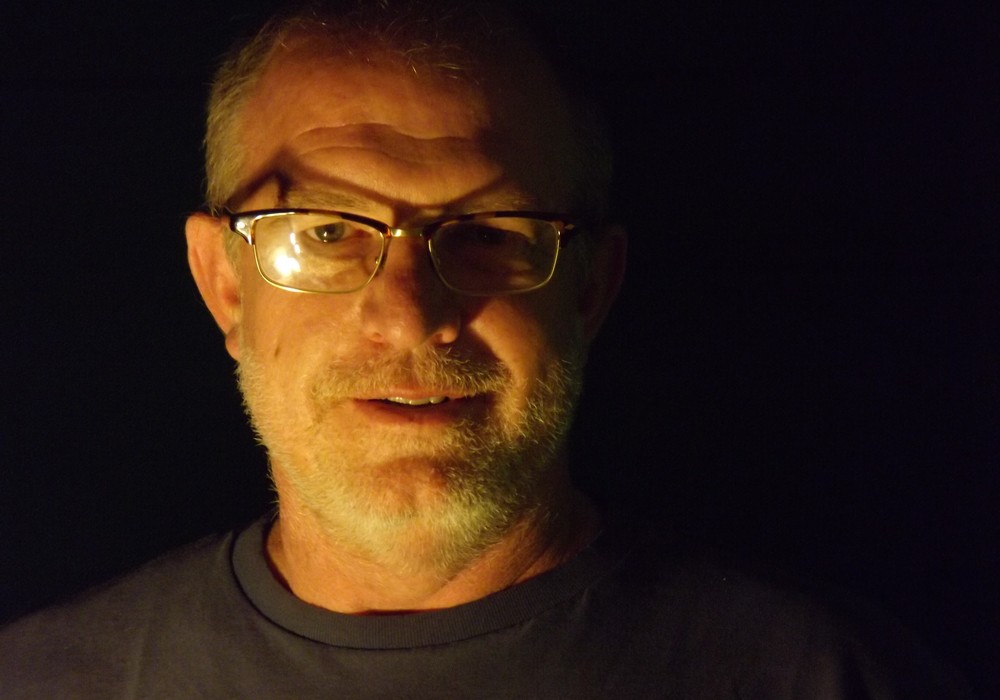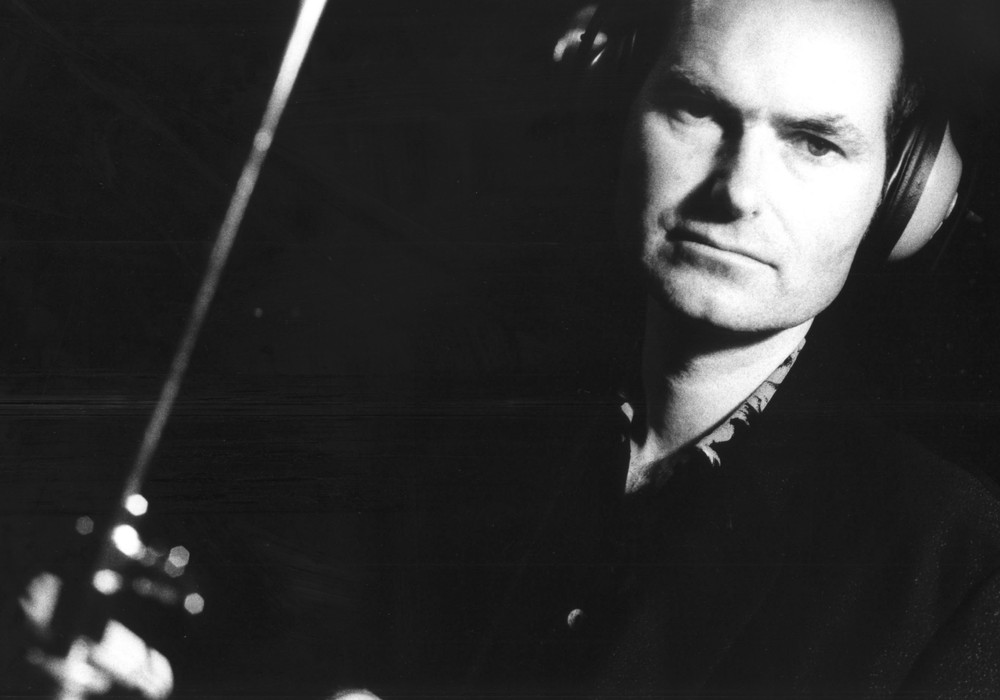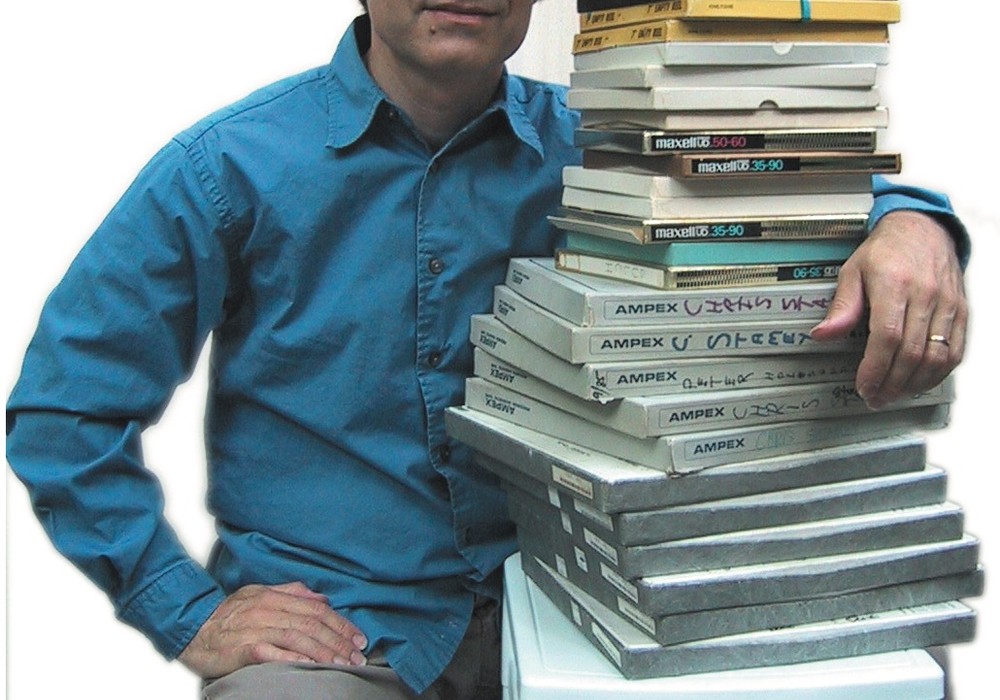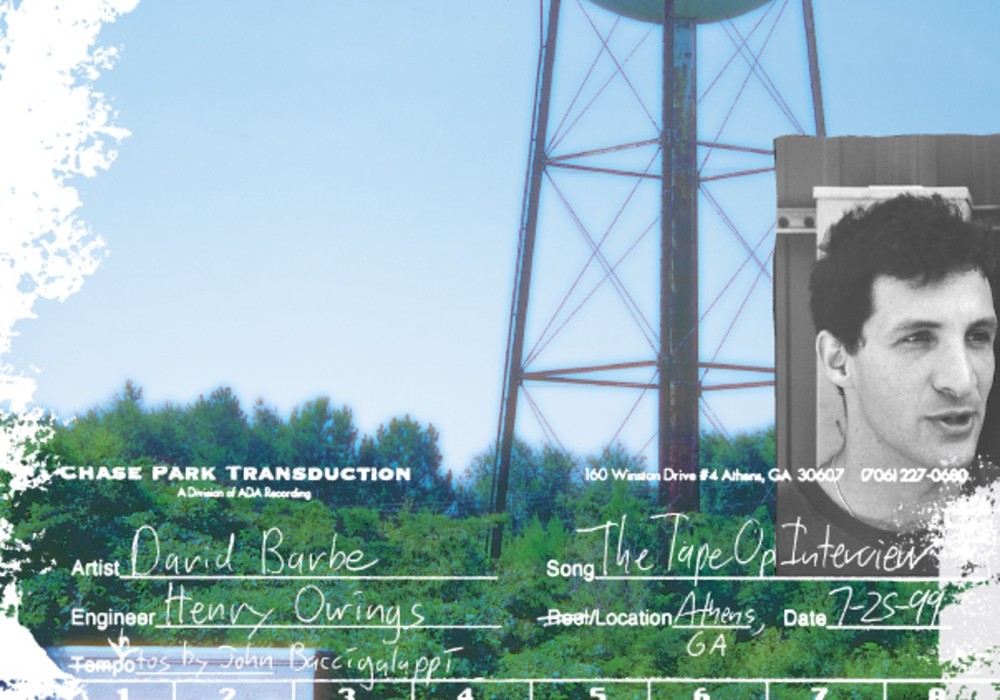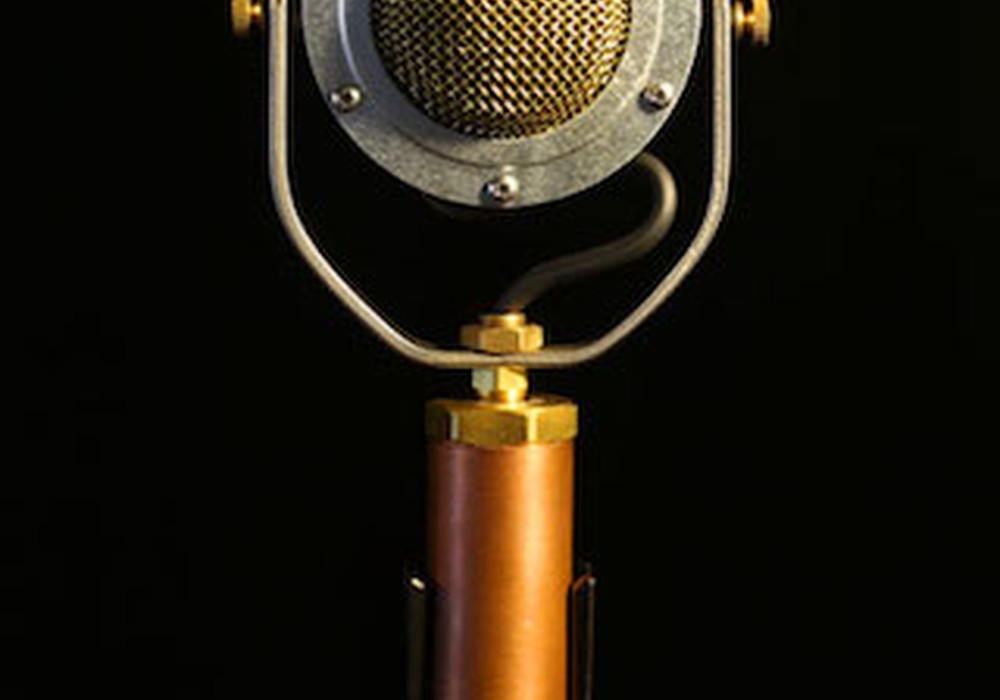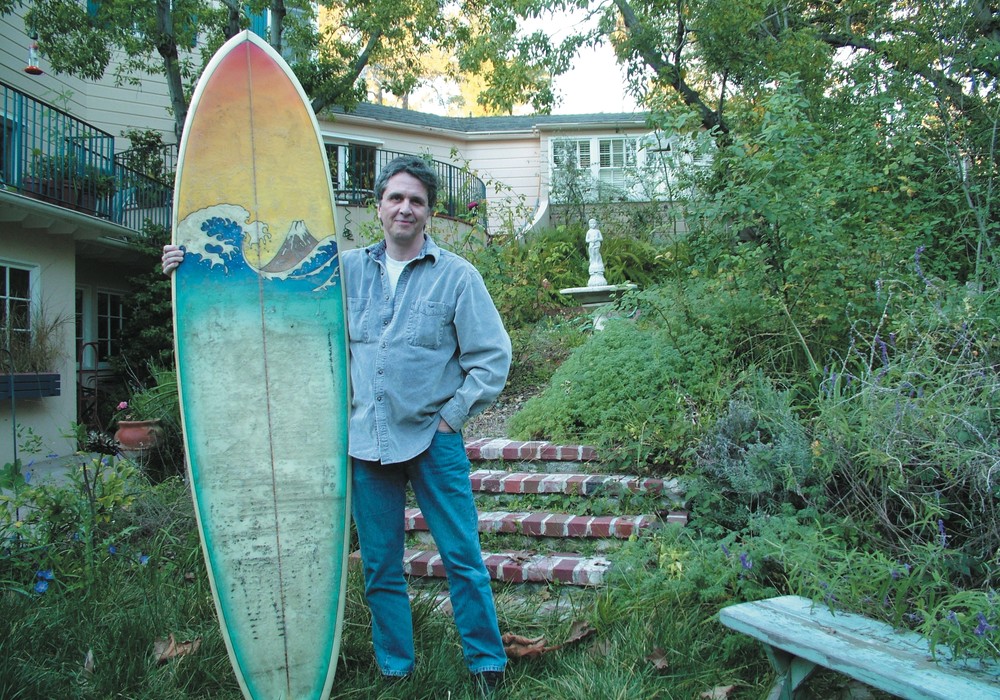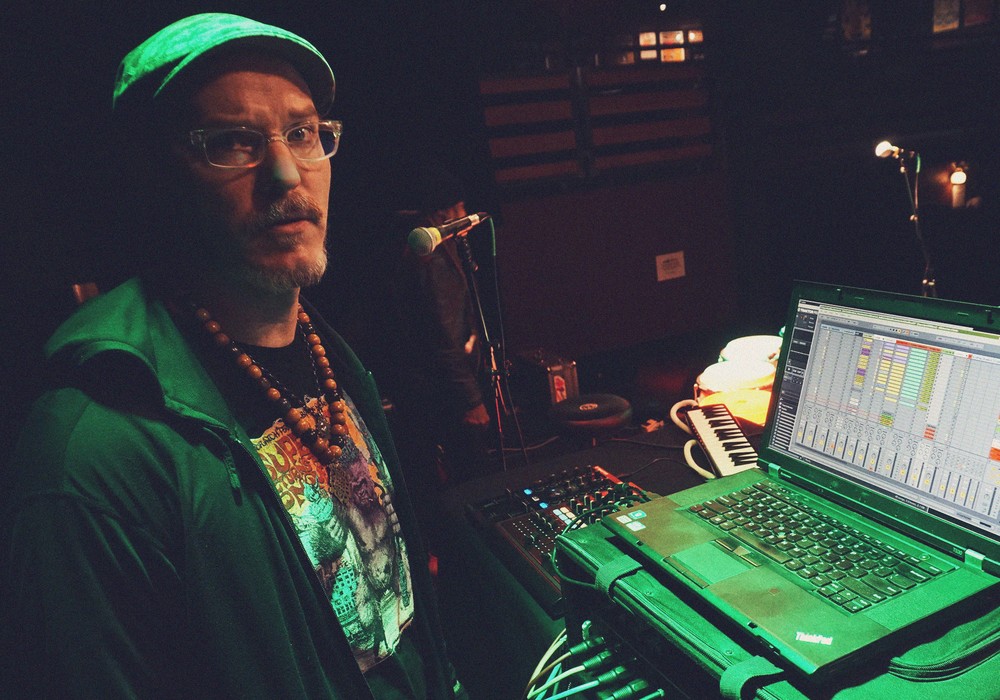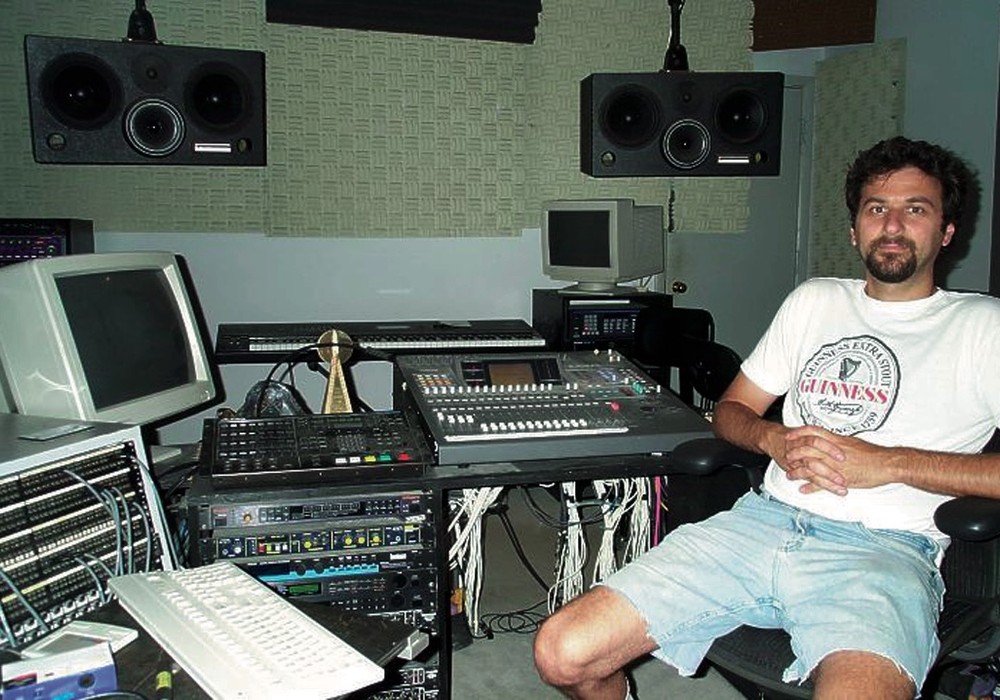Stuart Sullivan has worked with a diverse list of artists. Sublime, James McMurtry, Tejano greats Little Joe y La Familia, The Meat Puppets, The Dead Milkmen, James Cotton, and Willie Nelson have all tracked with Stuart at the faders. He often teams with producer Paul Leary of the Butthole Surfers (in issue #94 as well) and in 2001 he opened his own studio, Wire Recording, in Austin, Texas. I visited him at Wire to discuss his techniques, experience, and the changing landscape of the recording industry.
What first excited you about the studio?
In junior high and high school I was playing in a band and a friend of ours had a little recording setup in his basement. I was the uncomfortable, grumpy guy. I said, "Look, man, we can't wear headphones. I don't even want to see the mics." He was really gracious and, surprisingly, the tracks came out really well. Then I got into Indiana University. I was looking for an alternative to business school. I saw a "Studio Resources and Techniques" class. It said to you had to talk to the professor. I met with the professor and he said, "You realize this is for graduate students in electronic music. You're entering your sophomore year as a business major." But he'd gone to school where I had grown up and he said, "Aw, what the hell. You're in." I believe he realized that in the next year or two the electronic music program was going away; they were going to start an audio program to record their operas, orchestras and recitals. He saw that as an opportunity and thought I might be handy a few years down the road. I was there when they started their audio program and was able to record five operas a year, with four performances of each, for three and a half years.
You did that to tape with stage mics?
We had a [Neumann] SM 69 in the catwalk and dropped it down. For a couple of years, all we could do was play with the angle and width of it, as well as how high or low we could get. Then we got the okay and dropped a few placement mics and a couple of hidden mics for support, if needed. We got a little bit more into that, particularly with the orchestra. The Musical Arts Center at Indiana University was just an incredible hall.
What did you learn back then that you're still using today?
Listen to things acoustically. If it's an amp, you can get it out of a little room and into a bigger one where it doesn't blow your ears out. Sometimes you want to hear the compression in the space. To sense these elements in the room is a great way to understand them, and to know whether you want that or whether you're scared of that. [laughter] There're a gazillion steps — and you can simplify them as much as you want — but if a recording starts off bad, every other step after that is struggling to make it up. I'm not going to say that if it starts bad there's no way anything can get better. That's ridiculous. But with anything you lose at the beginning, you can't get as much back and it gets harder and harder to add to it.
So you put in a lot of critical energy, even before you're mic'ing.
Right. I have many friends who are really talented that say, "Just get it in Pro Tools. Once it's in [the computer] you can deal with whatever you need to do. You can clean it up." I recognize and respect that, but I haven't gone that way yet. I still want to explore all the possibilities of getting real sounds. I'm a traditionalist, only in the sense of hearing and capturing music; not necessarily in how I treat it. Whether it's an ensemble or an individual overdub, performance-based music is one of my favorite things and that's why I maintain a large room. If it's a convincing and transcending performance, those are the things people recognize and feel. Not whether I put up this cool mic and did this and that. Hopefully that makes the recording sound even better and makes it go straight to your heart more. It's a performance you're trying to capture, and the environment you create to capture that performance is crucial.
What were you doing before moving to Austin?
I finished school and received a job offer from Universal Recording in Chicago. By job, I should say, "paid internship." It seemed like a pretty sweet deal, but I had been experiencing this phenomena called "poor and cold" for...
